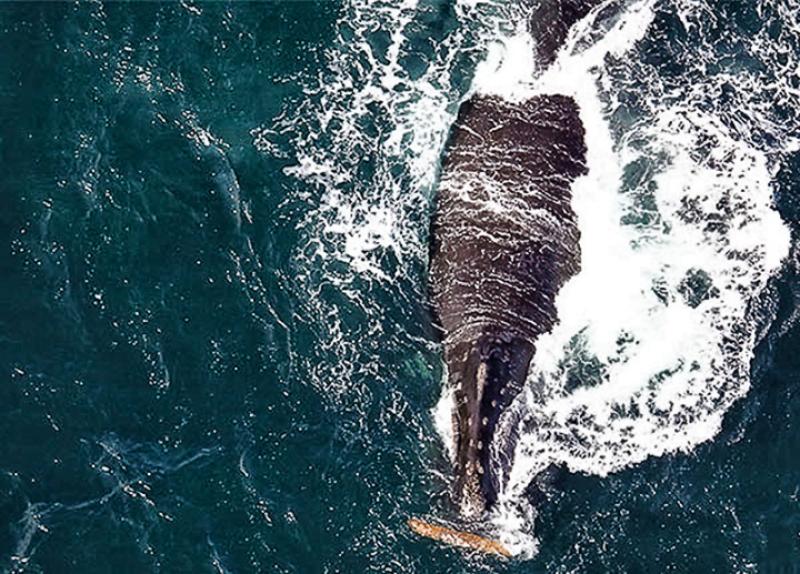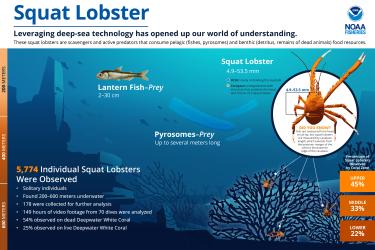Welcome to Whale Week 2022! Whale Week is the lead up to World Whale Day, held every year on the third Sunday in February. It’s also an annual reminder of the greatness of some of our most charismatic marine species.
During Whale Week, we celebrate all cetaceans, large and small, from the blue whale to the harbor porpoise. Cetaceans are marine mammals characterized by their fully aquatic lifestyle and a streamlined, hydrodynamic body with tail flukes. NOAA Fisheries works to ensure their conservation and protection. All cetaceans are protected under the Marine Mammal Protection Act, and some are also protected under the Endangered Species Act. Cetaceans are vital to the balance of marine ecosystems and serve as key indicators for ocean health.
Protecting Whales is Our Mission
This year is special, as we are celebrating the 50th anniversary of the Marine Mammal Protection Act. When the MMPA was signed into law, many marine mammal populations were facing significant threats to survival and were at risk of becoming depleted. Over the past five decades, we have focused science, management, and public interest on key threats. We have made significant progress in improving the health of many marine mammal species and populations. Congress had foresight 50 years ago to establish this landmark, holistic approach to protect and recover marine mammals. The MMPA was an innovative piece of legislation for the early 1970s, and it remains a powerful law today.
In addition to the MMPA, three other acts foundational to the NOAA mission were signed into effect in 1972:
-
Clean Water Act
-
Coastal Zone Management Act
-
National Marine Sanctuaries Act
Together, they form 50 years of Ocean and Coastal Conservation. These acts allow NOAA and our partners to protect marine mammals, threatened and endangered species, and their habitats.
I want to shine a spotlight on a few marine mammal species across the nation experiencing significant threats and highlight our work to recover these important species.
North Pacific Right Whales
In Alaska this year, we celebrate the sighting of four North Pacific right whales. North Pacific right whales are among the most endangered animals in the world. There are only around 30 individuals remaining in the eastern population. In two extraordinary encounters, scientists spotted two pairs of North Pacific right whales south of Kodiak Island in southern Alaska. The excitement of the survey team is evident in the video they recorded of the special moment. Scientists identified two of the whales from previous sightings, an encouraging indication that these rare whales can be observed and tracked over time.
Hawaiian Spinner Dolphins
On September 28, 2021, NOAA Fisheries finalized a rule prohibiting swimming with, approaching, or remaining within 50 yards of a Hawaiian spinner dolphin. Spinner dolphins are nocturnal and hunt in offshore waters at night. During the day, they use areas close to shore that have optimal environmental conditions to socialize, nurture their young, shelter from predators, and rest. But for decades, spinner dolphins in Hawaiʻi have experienced intense viewing pressure from commercial and recreational wildlife viewers seeking close encounters with the charismatic marine mammals. The new regulation requires the public to respect spinner dolphins' space so they can shelter undisturbed in their resting habitat close to shore.
During the last 50 years of the Marine Mammal Protection Act, we’ve learned a great deal about marine mammals and their environment. While there are still many challenges, the MMPA has made a big difference. We are committed to using the best scientific information available to achieve our management goal of ensuring cetaceans are significant, functioning elements of their ecosystems. Join us during Whale Week to learn more about these efforts and the ways you can help support whale conservation.

